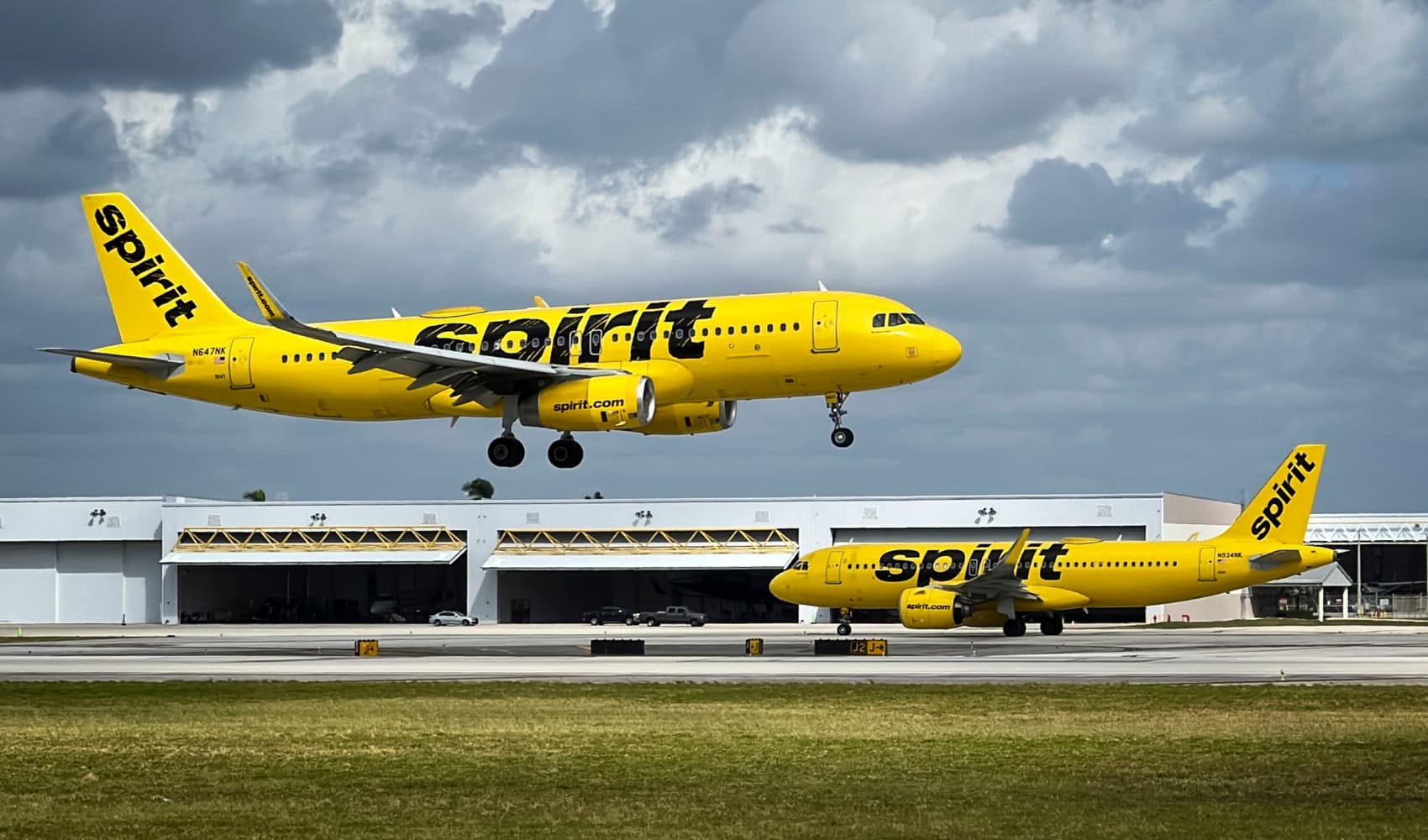
- Losses were most pronounced in companies which had direct links to the U.S. tech giant, such as South Korean chipmakers SK Hynix and Samsung Electronics, as well as Taiwan heavyweights TSMC and Foxconn.
- The spillover also extended to other tech stocks in Hong Kong and Japan, although to a smaller extent.
Global chip stocks fell on Thursday, after U.S. chip darling Nvidia reported fiscal second-quarter results that beat analyst expectations — but disappointed traders hoping for higher growth rates.
While Nvidia posted better-than-expected earnings with revenues jumping 122% year-over-year, this still marked a slowdown from three consecutive quarters of annual growth rates exceeding 200% previously.
In Asia, South Korean chipmakers SK Hynix and Samsung Electronics — which are both suppliers to Nvidia — logged the biggest losses among Asian chip firms.
SK Hynix, which manufactures high bandwidth memory chips — used in AI applications— for Nvidia, closed down 5.4%.
Samsung Electronics, the highest weighted stock on the South Korea's benchmark stock index, Kospi, fell over 3%.
While the extent of Samsung's supplier relationship with Nvidia is not fully known, the company is expected to be manufacturing HBM chips for some Nvidia products, according to Reuters.
Money Report
Other direct suppliers to Nvidia such as Taiwan Semiconductor Manufacturing Company and Hon Hai Precision Industry — known internationally as Foxconn — saw losses of roughly 2% and 1%, respectively.
In Japan, semiconductor manufacturing firm Tokyo Electron fell 2%.
Feeling out of the loop? We'll catch you up on the Chicago news you need to know. Sign up for the weekly Chicago Catch-Up newsletter.
Conversely, not all chipmakers were in the red Thursday. Chinese state-backed chipmaker SMIC was up nearly 1%, while Hua Hong Semiconductor rose almost 3%.
That came amid a broader jump in Hong Kong's Hang Seng Index, which was up 0.5% Thursday.
Stateside, Nvidia's rival U.S. chipmaker AMD, which also significantly benefited from the artificial intelligence boom, was down about 0.5% in U.S. premarket trading.
SoftBank-backed chip designer Arm and chipmaking firm Broadcom also moved lower. Qualcomm, on other hand, was a fraction of a percent higher.
Super Micro, meanwhile, sank over 4% in premarket traded, adding to losses of 19% in Wednesday's trading session.
That was off the back of a delay to the firm's annual report after a report from shortseller Hindenberg Research identified alleged "fresh evidence of accounting manipulation" at the company.
Super Micro, which declined to comment on Hindenburg's report, said it required more time to assess "the design and operating effectiveness of its internal controls over financial reporting as of June 30, 2024."
In Europe, Dutch chip firm BE Semiconductor and compatriot firm ASML — a major semiconductor equipment maker — both climbed 2%.
Fellow Dutch chipmakers ASMI and STMicroelectronics rose 3% and 2.5% , respectively, while German firm Infineon was up almost 2%.
Runaway train slowing down
While the Nvidia beat quarterly revenue and earnings per share estimates, the fall in shares could have been triggered by fears that the company may not be able to deliver explosive growth in the current quarter, according to Luke Rahbari, CEO of Equity Armor Investments told CNBC's "Squawk Box Asia."
Rahbari said the results are "really good", but also noting that "For so many quarters, Nvidia had blown out expectations of analysts ... People [are] maybe thinking the runaway train is slowing down a little bit."
He still remains bullish on the company, highlighting "no company in the world, in my estimation, has the position that Nvidia has in their industry, such a dominant position."
Nvidia's gross margin, however, slipped to 75.1% from 78.4% in the prior period, while it annual gross margin forecast of "mid-70% range" was below analysts' estimate of 76.4%, according to StreetAccount.
Speaking to CNBC's "Squawk Box Asia," Mark Lushcini, chief investment strategist at financial advisory firm Janney Montgomery Scott, called the decline in Nvidia shares a "rounding error," citing how much Nvidia had risen this year. On a year to date basis, shares have risen about 150%.
He noted, "the company is growing fast, but the pace of growth is slowing down for 4 quarters now. For a company that's trading on a 40-50 times forward earnings, that's a high demand hurdle to overcome vs expectations."
Ben Barringer, global tech, media and telecom analyst and executive director of Quilter Cheviot, suggested that, while Nvidia signalled strong demand for its Hopper and Blackwell high-performance computing chips, the run-up in its shares may have been overdone.
"This company is priced for strong growth and maybe we're getting to good growth not great growth," Barringer told CNBC's "Squawk Box Europe" Thursday.






